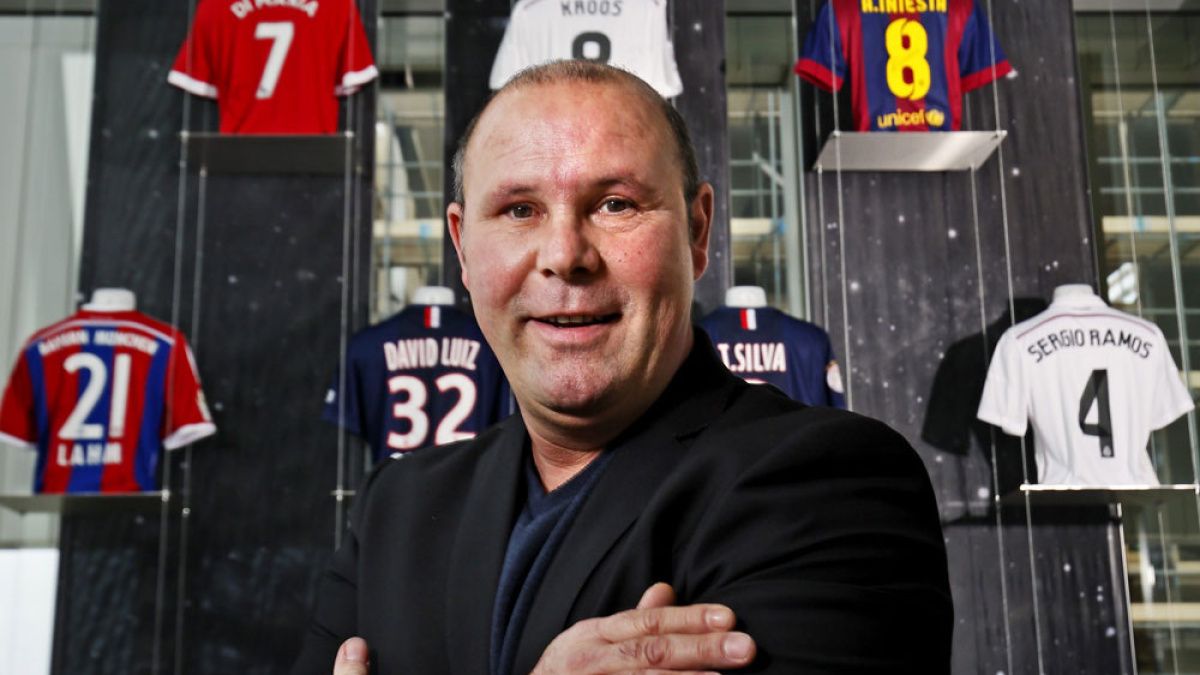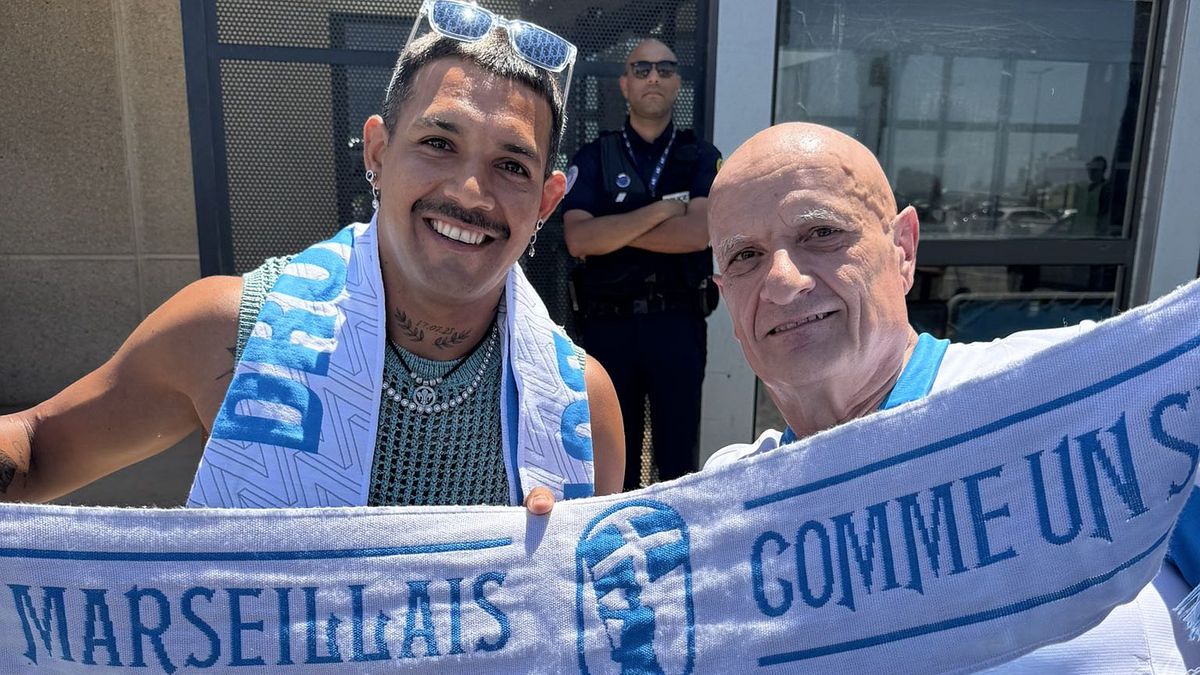The World Athletics Federation is paying its Olympic champions in Paris a handsome cash prize. This has never happened before under the five rings – the IOC is criticizing it. But what is behind this novelty?
What is an Olympic victory worth? Eternal fame and honor, answer sports romantics. Attention, clicks and followers, say consultants today. A lot of satisfaction and relief after years of hardship, athletes often report.
The World Athletics Federation is now adding an additional 50,000 US dollars, or around 46,000 euros, to each gold medal in Paris. For the first time in the history of the Games, a professional association is also giving out cash prizes to its Olympic champions. Athletes are delighted – other associations and the International Olympic Committee (IOC) are criticizing.
A heated debate has been going on in the world of sport since the bonuses were announced in April. Some observers see a new era for the Olympic Games, which in ancient times were a great celebration of peace and later in modern times were reserved for amateur athletes. Athletes have been trying for years to focus on their interests over those of officials, associations and state institutions. Johannes Herber from the German Athletes Association hopes for a “wake-up call for the IOC”.
“Smart political signal”
But is the new initiative by World Athletic (WA) really a reflection of concern for the athletes? No, says German sports economist Christoph Breuer. In an interview with the German Press Agency, he sees the bonuses less as a sporting reward and more as an “interesting and clever political signal, both for athletics and for the world association and President Sebastian Coe personally.”
The professor at the German Sport University Cologne explains that WA is pursuing three goals. Firstly, it is about not losing athletes to external, financially strong events and organizers – as recently happened in golf, for example. Large city marathons already attract the best runners with high fees and bonuses.
In addition, the sport’s position within the Olympics would be strengthened by becoming even more attractive to athletes and thus also winning over athlete representatives – who have an influence on IOC decisions. “Athletics has always been a core Olympic sport, but that is not something that is cemented in the long term,” warned Breuer. But now the athletes are in a good negotiating position.
“And thirdly, Coe is putting himself in a position when it comes to electing the next IOC president,” says Breuer. The former middle-distance runner and two-time Olympic champion Coe (67) is said to want to succeed IOC President Thomas Bach (70). “With such a popular measure, he is getting support from the athletes. And even though he is not yet IOC president, he can show that he is capable of modernizing the Olympic Games and putting the athletes even more at the center.”
Criticism from the IOC and other professional associations
The ring organization is of course aware of the athletics boss’s political maneuvering. The IOC executive committee led by President Bach emphasized in June that it is not the job of world associations to award financial prizes to athletes at the Olympics. The IOC distributes part of its billions in revenue to member countries and associations so that they can support athletes – largely regardless of their performance at the Games. The Association of Olympic Summer Sports Associations (Asoif) complained that other specialist associations could not afford such prizes.
The World Athletics Federation is awarding direct gold prizes for the first time – but Olympic champions have already benefited financially from their successes. Sports economist Breuer reminds us that “a gold medal has always been an elevator to a higher economic floor”. The winners can look forward to lucrative advertising and sponsorship contracts.
20,000 euros from Sporthilfe – why not a million?
And bonuses for gold have always been paid in abundance, just not by a professional association or even the IOC. In Germany, the German Sports Aid Foundation rewards an Olympic victory with 20,000 euros, in other countries athletes can look forward to much higher amounts of money as well as other bonuses such as real estate or pension increases. The former national swimming coach Henning Lambertz has repeatedly called for Olympic champions to receive million-dollar bonuses, also as motivation.
Germany’s top long jumper Malaika Mihambo tells dpa that an Olympic victory “doesn’t make me a better person or a special person.” Sure, the 2021 triumph in Tokyo was something very special, and the Olympic gold made her “more resilient, more mindful and happier.” She sounds as if $50,000 wouldn’t change that much.
Source: Stern
I am Pierce Boyd, a driven and ambitious professional working in the news industry. I have been writing for 24 Hours Worlds for over five years, specializing in sports section coverage. During my tenure at the publication, I have built an impressive portfolio of articles that has earned me a reputation as an experienced journalist and content creator.




